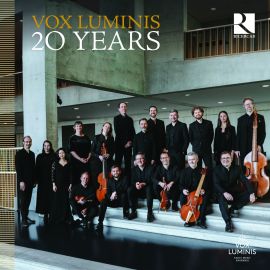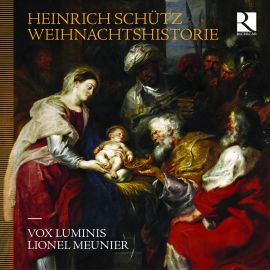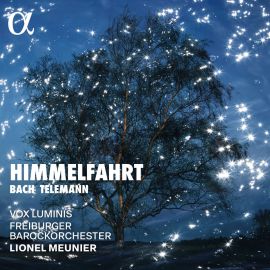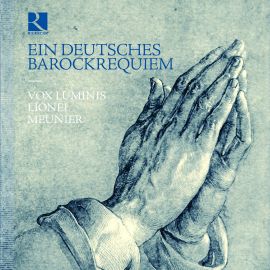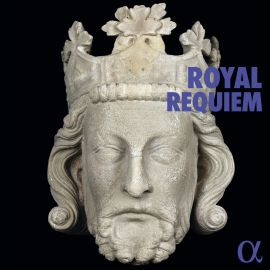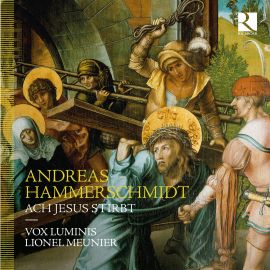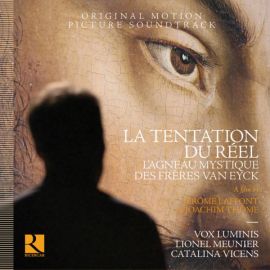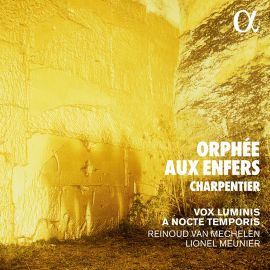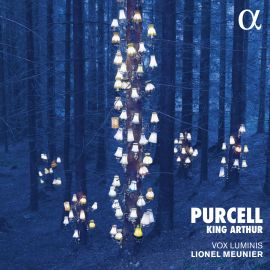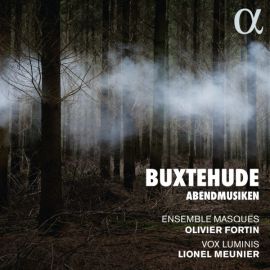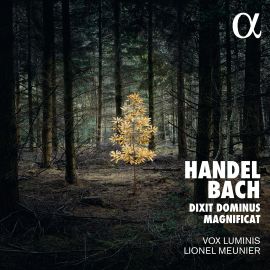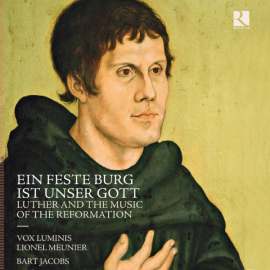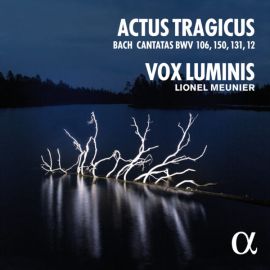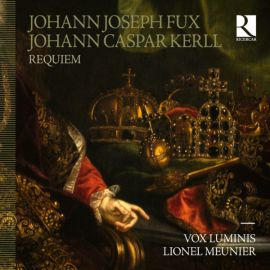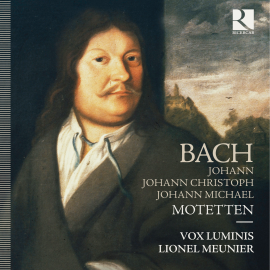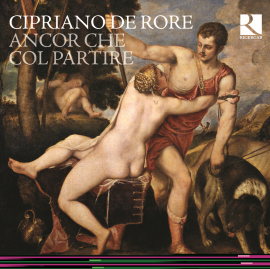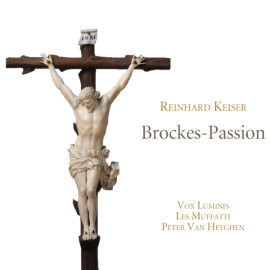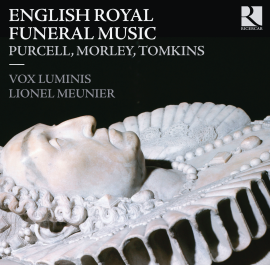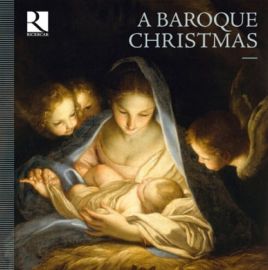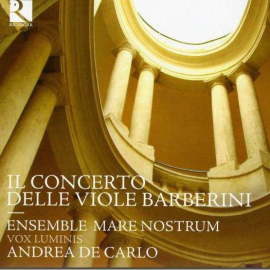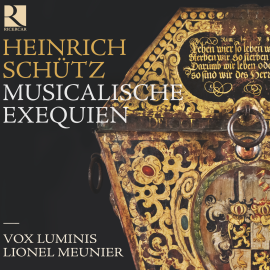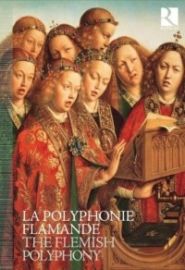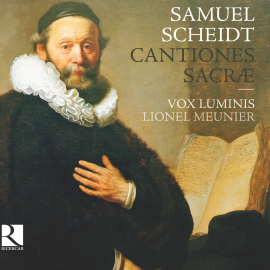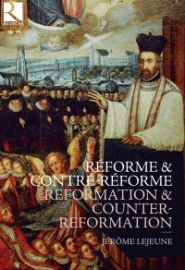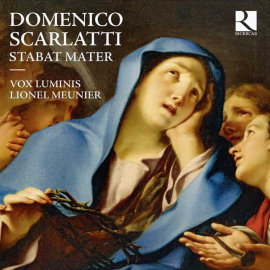Orphée aux enfers – 2020
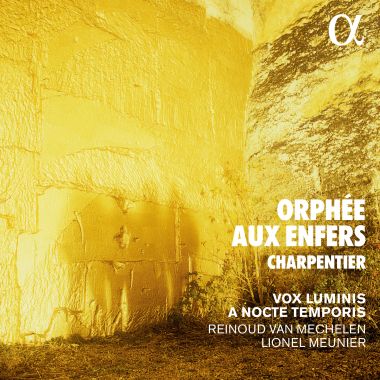
The Orpheus myth was as important for the birth of opera in France as it had been in Italy. In 1684, Charpentier composed a work for three voices, Orphée descendant aux Enfers. The text narrates Orpheus’ quest for his beloved in the Underworld. The hero’s haute-contre gives him an elegiac timbre – this was the vocal register in which Charpentier, himself a singer, excelled. In 1687 he created his second illustration of the myth, La Descente d’Orphée aux Enfers. While this opera in two acts has already been recorded several times, the Orphée of 1684 is a rarity and a magnificent discovery. In these two roles that might have been written for him, Reinoud van Mechelen is at the peak of his artistry, while his ensemble A Nocte Temporis and Lionel Meunier’s group Vox Luminis blend in perfect symbiosis.
“Need not hesitate in investing in these splendid new versions from Lionel Meunier and his team. “
—Gramophone
“Reinoud Van Mechelen, Philippe Froeliger et Lionel Meunier s’investissent totalement dans cette histoire, la vivent de l’intérieur : avec cet hymne à la musique, c’est eux-mêmes qu’ils racontent, leur aspiration d’interprètes, leur volonté de partager les bonheurs musicaux avec ceux qui les écoutent.”
—Musikzen
“Cet art de la demi-teinte répond au style du protagoniste, un Reinoud Van Mechelen plus suave et velouté que jamais : réjouissons-nous qu’il ait gravé aujourd’hui l’Orphée de 1684, à la tessiture très aiguë.”
—L’Avant-Scène Opéra






